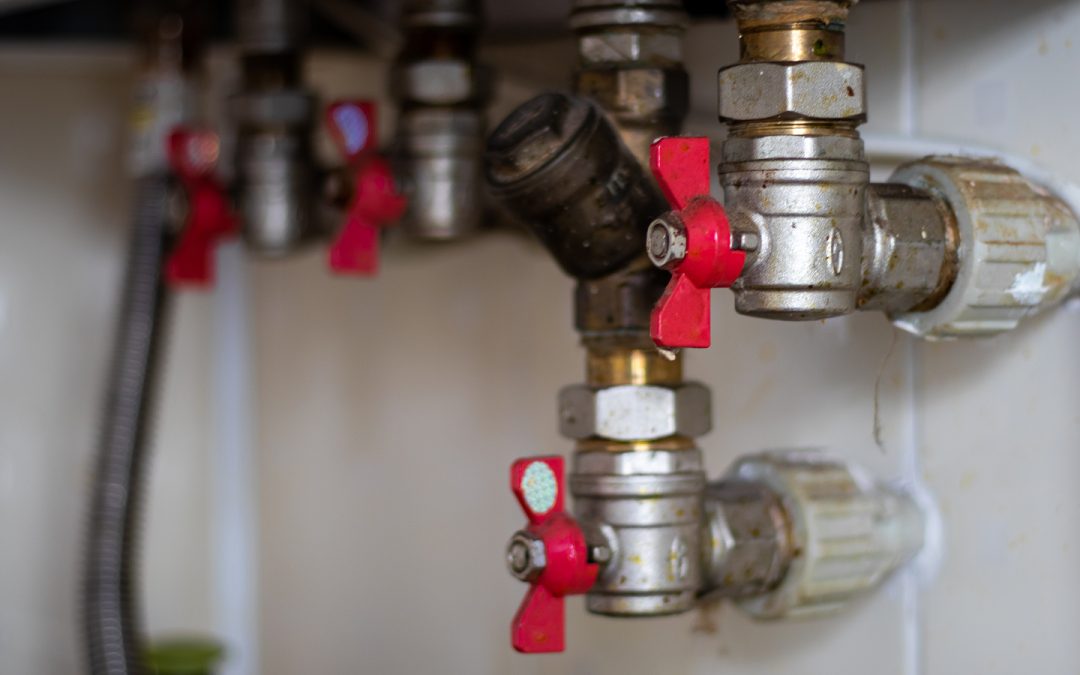As a householder with gas appliances, you will need to keep a close eye on them and always be ready to call out the experts to get help if something is going wrong. An emergency gas engineer may be a lifesaver in some situations, such as when you think there may be a leak.
There may be some who are thinking of doing away with their gas appliances rather than go on having them maintained, due to a sense that this form of energy, along with other fossil fuels, is on the way out. Environmental imperatives and the cost and supply issues that have been such a concern due to the war in Ukraine have led to talk of phasing fossil fuels out.
However, while some dream of a future powered just by renewables like wind and solar, plus (in the case of some people at least) nuclear energy, the fact is that the end of gas as a fuel used on a large scale in Britain’s homes is likely to be a long way off.
The truth is an energy transition to other sources is far from being established, especially with a lack of new nuclear power stations coming online anytime soon and ongoing arguments about onshore wind.
It is for these reasons that the government is committed to a new round of North Sea exploration licences for oil and gas, as included in its energy security policy.
Defending this policy in comments to the House of Lords’ Environment and Climate Change Committee, energy secretary Grant Shapps said gas and oil still have “a very important part to play” in Britain’s energy security.
He criticised opposition calls for no more licences to be issued, arguing this would require more gas imports, and said: “I hope to be reassuring to our oil and gas sector that we both want them and need them.”
Part of that reassurance will be the ending of the current windfall tax in 2028, which will enable firms to invest more profits in future research and development. As City AM noted, some firms have expressed reluctance to invest while the tax rates are so high, which means this promise could come as welcome news to them.
Mr Shapps told the committee the government was happy with projections that gas and oil in the North Sea would decline by seven per cent a year, gradually winding down and being replaced rather than suddenly vanishing.
This acknowledgement that gas will still have a role to play for many years to come has also been upheld by the G7. At a meeting in the Japanese city of Sapporo the leading industrial nations agreed to cut down on fossil fuels in general, but also accepted that new gas projects would often be necessary for energy security needs, Reuters reported.
Since gas is clearly going to be with us for some time yet, it makes sense to hang on to your fire, cooker and boiler, ensure they are maintained and make sure you stay safe when using them, which means seeking specialist help whenever a problem arises.

